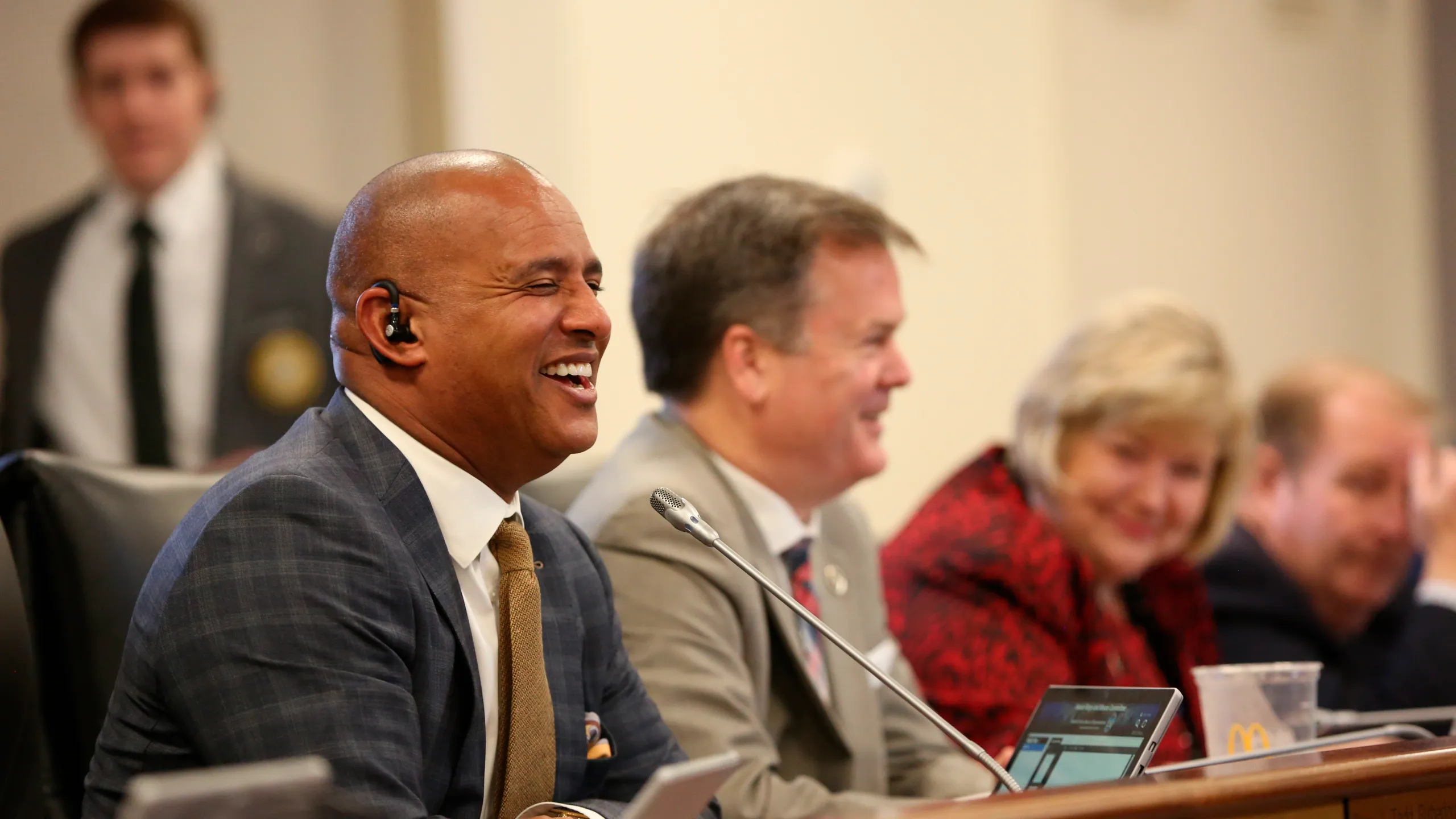South Carolina Lawmakers To Discuss Online Sports Betting Next January

South Carolina lawmakers are gearing up for another push to legalize online sports betting when the General Assembly reconvenes this January. This comes after two previous attempts to pass legislation failed and amidst growing concerns over the social costs of gambling. However, the driving forces behind this renewed effort are clear: financial gain and the momentum generated by neighboring states.
Since the US Supreme Court’s 2018 decision to overturn the federal ban on sports betting, 38 states have embraced some form of legalized betting, collectively generating over $2.5 billion in tax revenue from $11 billion in industry earnings last year alone. South Carolina, which has yet to legalize online sports betting, is increasingly feeling the pressure, particularly as North Carolina has seen substantial revenue from its recently legalized online sports gambling. In just five months, North Carolina’s success has caught the attention of South Carolina legislators and experts alike.
Stephen Shapiro, a professor at the University of South Carolina’s Department of Sport and Entertainment Management, believes that the economic success seen across the border will heavily influence South Carolina’s legislative agenda. Shapiro suggests that the financial benefits are becoming too significant to ignore, with potential new legislation likely to be drafted and considered in the near future.
The political momentum for legal online sports betting in South Carolina gained traction in 2022 when then-Democratic gubernatorial candidate Joe Cunningham made it a central issue of his campaign. Cunningham argued that illegal sports betting was already happening in the state but without regulation or state revenue. His proposal aimed to bring this activity into the open, using the resulting tax revenue to fund public initiatives like education and infrastructure.
In the legislative session that followed, two bipartisan bills were introduced to legalize online gambling. The first, sponsored by Rep. Russell Ott, focused on allowing online betting for horse racing as a way to support South Carolina’s struggling equine industry. Ott’s bill surprisingly passed the House but stalled in the Senate, where it failed to come to a vote before the session ended in May.
The second bill, introduced by Republican Rep. Chris Murphy, was broader in scope, aiming to legalize online sports betting on both professional and college sports. The proposed legislation projected an annual revenue increase of at least $20 million, with the bulk of the funds directed to the state budget. Murphy emphasized that legalizing online sports betting would help curb the estimated $2.5 billion wagered illegally each year in South Carolina. Despite significant lobbying efforts and support from industry stakeholders, this bill also failed to pass.
January is approaching and proponents of online sports betting in South Carolina are expected to renew their efforts, motivated by the potential financial benefits and the example set by neighboring states. The discussion around legalizing online sports betting is likely to intensify, with lawmakers weighing the economic opportunities against the potential social costs.
- Other news categories:
- SlotsUp's news





